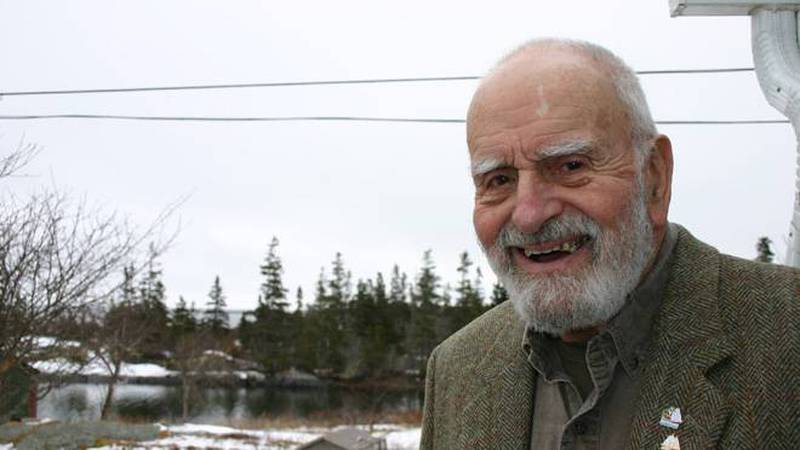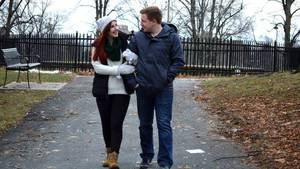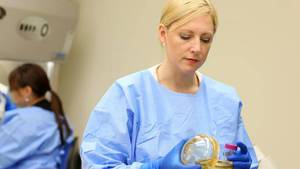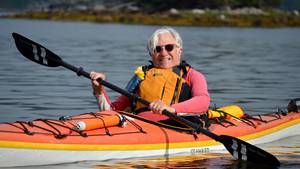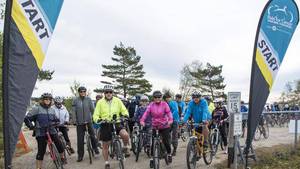Typically, a patient arrives at the QEII's Nova Scotia Rehabilitation Centre following a major life tragedy. Whether it is a traumatic injury, stroke, or some other life-altering event, part of the job of the Centre’s physiotherapist is to provide inspiration and strength to patients during their difficult time.
But occasionally, it’s the patient who provides inspiration to the physiotherapist. One of those patients is 84-year-old WWII veteran Earl Meister. Earl was working in his backyard in November 2012, when an accident snapped his vertebrae and left him lying alone in a small swamp for nearly 90 minutes.
“I knew my phone was right there on my chest. I just kept trying to dial 911 or home. I eventually got the home number right,” Earl explains. “My wife answered and called 911.”
Earl was rushed to the QEII Health Sciences Centre in Halifax, and immediately went into surgery to repair his broken neck and spine. The long and arduous journey on the road to rehabilitation began immediately after leaving the operating room.
Mark MacKenzie is a physiotherapist with the Neurology/Spinal Cord Injury Program, treating patients with spinal cord injuries, MS, ALS and other neurological conditions. Much of his work involves helping people regain their mobility. He was there the day Earl arrived at the rehabilitation centre.
Over the following days and weeks, he was inspired by Earl’s courage and determination to rebuild his life.
“He never missed an appointment, worked incredibly hard, was never late, always respectful and constantly appreciative,” MacKenzie says. “Earl carried himself in a way that made me want to be at work, to be better at my job every day.”
MacKenzie was there when Earl stood for the first time after his accident. He saw Earl all the way through to his discharge, where he walked out with nothing more than a cane.
“My motivation is simple,” MacKenzie says. “If it were me coming through those doors, what kind of physiotherapist would I want looking after me? No one plans to have a spinal cord injury or MS. They truly need our help to regain their independence. I feel very fortunate to be involved in that process.”
Located on the QEII’s VG site, the Nova Scotia Rehabilitation Centre, spans three floors and can provide services to upwards of 70 in-patients at any time. Up to five physiotherapists can be working on each floor with those patients, and rehabilitation usually lasts from four to 16 weeks.
Earl offers tremendous praise for the professionals working with the Neurology/Spinal Cord Injury program: “From the time I woke up from surgery, right through the whole rehab process, I have nothing but praise for all the staff. You could feel they were there because they cared,” he says. “I never realized how much they did at the hospital until this. Even my dietician went beyond what was necessary.”

